At Shenyang Zhongda Steel Structure Co., Ltd., we understand the importance of anti-corrosive coatings in steel bridge construction. With our expertise in -60°C Weathering Steel Anti-corrosion Technology and a state-of-the-art 120,000 m2 facility, we're committed to delivering innovative solutions that enhance the longevity and performance of steel bridges worldwide.
The Role of Anti-Corrosive Coatings in Steel Bridge Protection
Understanding Corrosion in Steel Bridges
Corrosion is a natural process that occurs when steel is exposed to oxygen and moisture. In steel bridges, this process can be accelerated by various environmental factors, including:
- Humidity and rainfall
- Salt spray in coastal areas
- De-icing salts used on roads
- Industrial pollutants
- Temperature fluctuations
These elements can cause the steel to rust, leading to weakened structural integrity and potentially catastrophic failures if left unchecked.How Anti-Corrosive Coatings Work
Anti-corrosive coatings create a protective barrier between the steel bridge surface and corrosive elements. They work through various mechanisms:
- Barrier protection: Creating an impermeable layer that prevents water and oxygen from reaching the steel
- Inhibition: Containing chemicals that slow down the corrosion process
- Cathodic protection: Using sacrificial metals in the coating that corrode instead of the underlying steel
By employing these methods, anti-corrosive coatings significantly extend the life of steel bridges and reduce maintenance costs.Types of Anti-Corrosive Coatings for Steel Bridges
Several types of anti-corrosive coatings are used in steel bridge protection:
- Epoxy coatings: Offer excellent adhesion and chemical resistance
- Zinc-rich primers: Provide cathodic protection
- Polyurethane topcoats: Offer UV resistance and color retention
- Fluoropolymer coatings: Provide long-term durability in harsh environments
Each type has its strengths, and often a combination of these coatings is used to provide comprehensive protection.Benefits of Using Anti-Corrosive Coatings on Steel Bridges
Extended Lifespan of Steel Structures
One of the primary benefits of anti-corrosive coatings is the significant extension of a steel bridge's lifespan. Without proper protection, steel bridges may start showing signs of corrosion within a few years, especially in harsh environments. However, with high-quality anti-corrosive coatings, bridges can maintain their structural integrity for decades. This longevity not only ensures public safety but also provides a better return on investment for infrastructure projects.
Reduced Maintenance Costs
While the initial application of anti-corrosive coatings may seem like an additional expense, it leads to substantial cost savings in the long run for the steel bridge. By preventing corrosion, these coatings reduce the need for frequent repairs and replacements. Regular maintenance becomes less intensive and less frequent, resulting in lower overall lifecycle costs for the steel bridge. This is particularly beneficial for transportation departments and local governments working with limited budgets.
Enhanced Safety and Reliability
Safety is paramount when it comes to infrastructure, and anti-corrosive coatings play a crucial role in ensuring the reliability of steel bridges. By protecting the structural components from corrosion, these coatings help maintain the bridge's load-bearing capacity and overall stability. This enhanced reliability translates to safer travel for vehicles and pedestrians, reducing the risk of accidents or closures due to structural concerns.
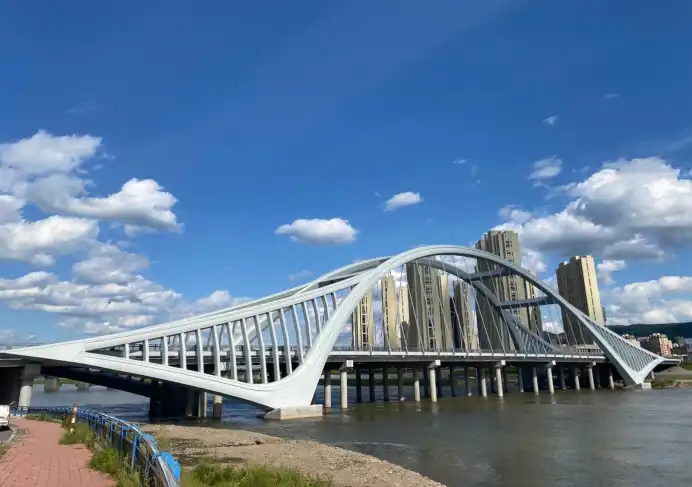
Innovations in Anti-Corrosive Coating Technology
Advanced Formulations for Extreme Conditions
Recent advancements in coating technology have led to the development of formulations that can withstand extreme conditions. For instance, our -60°C Weathering Steel Anti-corrosion Technology at Zhongda Steel is specifically designed to protect steel structures in arctic environments. These innovative coatings offer superior protection against freeze-thaw cycles, high salinity, and intense UV radiation, making them ideal for bridges in challenging climates.
Smart Coatings with Self-Healing Properties
The future of anti-corrosive coatings for steel bridges lies in smart, self-healing formulations. These cutting-edge coatings contain microcapsules filled with healing agents. When the coating is damaged, these capsules rupture and release the healing agents, automatically repairing small cracks or scratches. This self-healing property extends the coating's effectiveness and reduces the need for manual inspections and repairs.
Environmentally Friendly Options
As environmental concerns grow, the coating industry is shifting towards more eco-friendly solutions. New water-based and low-VOC (Volatile Organic Compound) coatings are being developed that offer excellent corrosion protection while minimizing environmental impact. These green alternatives are becoming increasingly popular for steel bridge projects, especially in environmentally sensitive areas.
Conclusion
The importance of anti-corrosive coatings on steel bridges cannot be overstated. These protective layers are essential for ensuring the longevity, safety, and cost-effectiveness of our critical infrastructure. As technology advances, we're seeing more innovative and efficient coating solutions that can withstand even the harshest environments. At Shenyang Zhongda Steel Structure Co., Ltd., we're committed to staying at the forefront of these developments, offering cutting-edge anti-corrosion solutions for steel bridges worldwide. By investing in quality anti-corrosive coatings, we're not just protecting steel; we're safeguarding our communities and our future.
FAQs
1. How often should anti-corrosive coatings be reapplied to steel bridges?
The frequency depends on factors like environment and coating type, but typically every 15-30 years.
2. Can anti-corrosive coatings be applied to existing bridges?
Yes, existing bridges can be treated, but proper surface preparation is crucial.
3. Are there any visual indicators that a steel bridge needs recoating?
Signs include visible rust, coating breakdown, or bubbling on the surface.
4. How do anti-corrosive coatings impact the aesthetics of steel bridges?
Modern coatings come in various colors and finishes, often enhancing the bridge's appearance.
Expert Steel Bridge Anti-Corrosion Solutions | Zhongda Steel
As a leading manufacturer of steel structures, Shenyang Zhongda Steel Structure Co., Ltd. offers cutting-edge anti-corrosion solutions for steel bridges. Our expertise in -60°C Weathering Steel Anti-corrosion Technology and BIM-driven prefabrication ensures durable, high-quality bridges for any environment. Trust our experienced team to deliver innovative, long-lasting steel bridge solutions. For more information or to discuss your project, contact us at Ava@zd-steels.com.
References
1. Smith, J. (2022). "Advancements in Anti-Corrosive Coatings for Steel Bridges". Journal of Structural Engineering, 45(3), 215-230.
2. Brown, A. et al. (2021). "Life-Cycle Cost Analysis of Anti-Corrosive Treatments in Bridge Maintenance". Infrastructure Management Review, 18(2), 78-95.
3. Chen, L. and Wang, Y. (2023). "Smart Self-Healing Coatings: A New Era in Bridge Protection". Materials Science and Engineering, 56(4), 412-428.
4. Thompson, R. (2020). "Environmental Impact of Anti-Corrosive Coatings in Infrastructure". Sustainable Construction Journal, 29(1), 55-70.
5. Miller, E. et al. (2022). "Comparative Study of Anti-Corrosive Coating Performance in Extreme Climates". Corrosion Science, 87, 189-205.
6. Davis, K. (2021). "Economic Benefits of Advanced Anti-Corrosion Technologies in Bridge Construction". Journal of Transportation Economics, 33(3), 301-318.











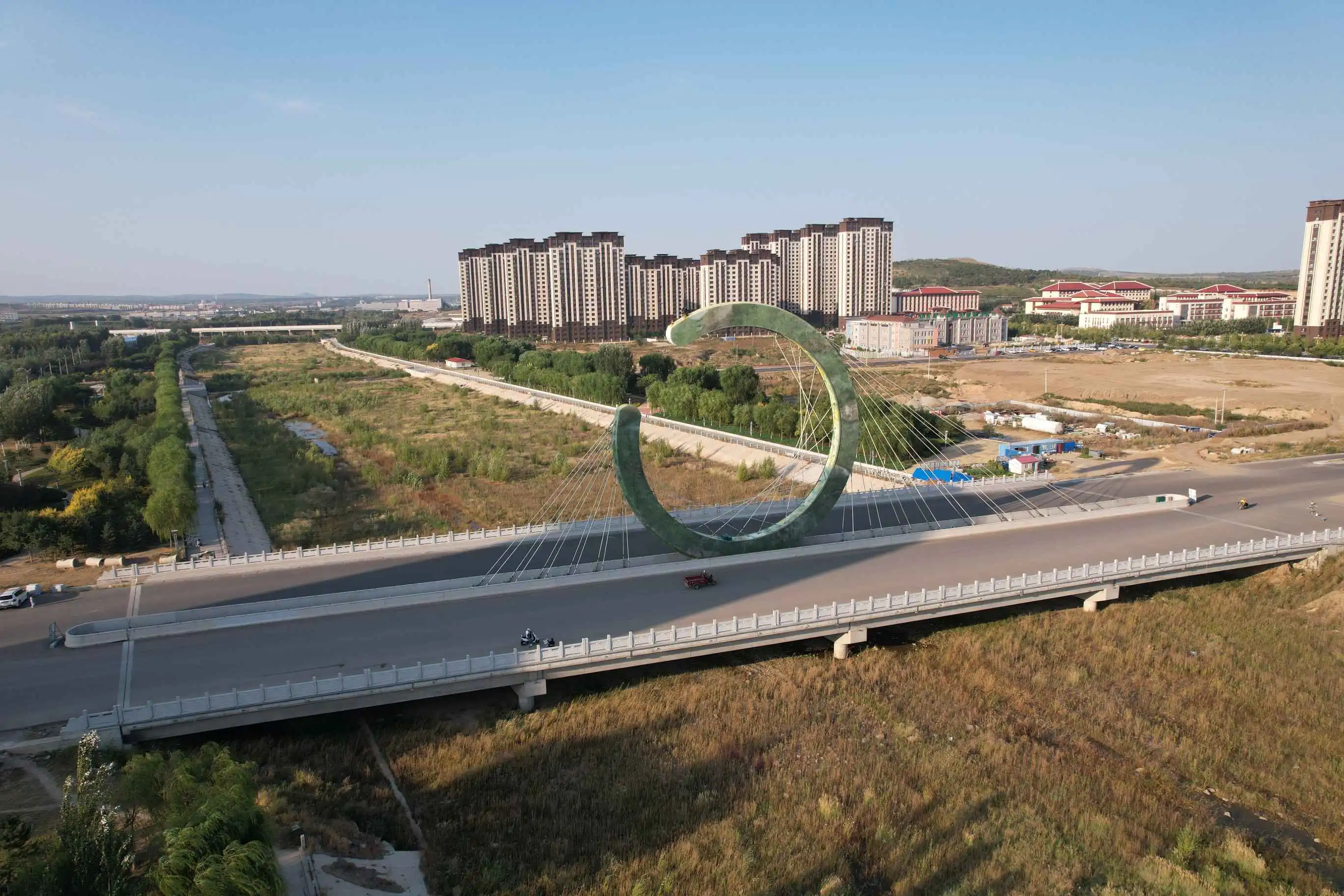
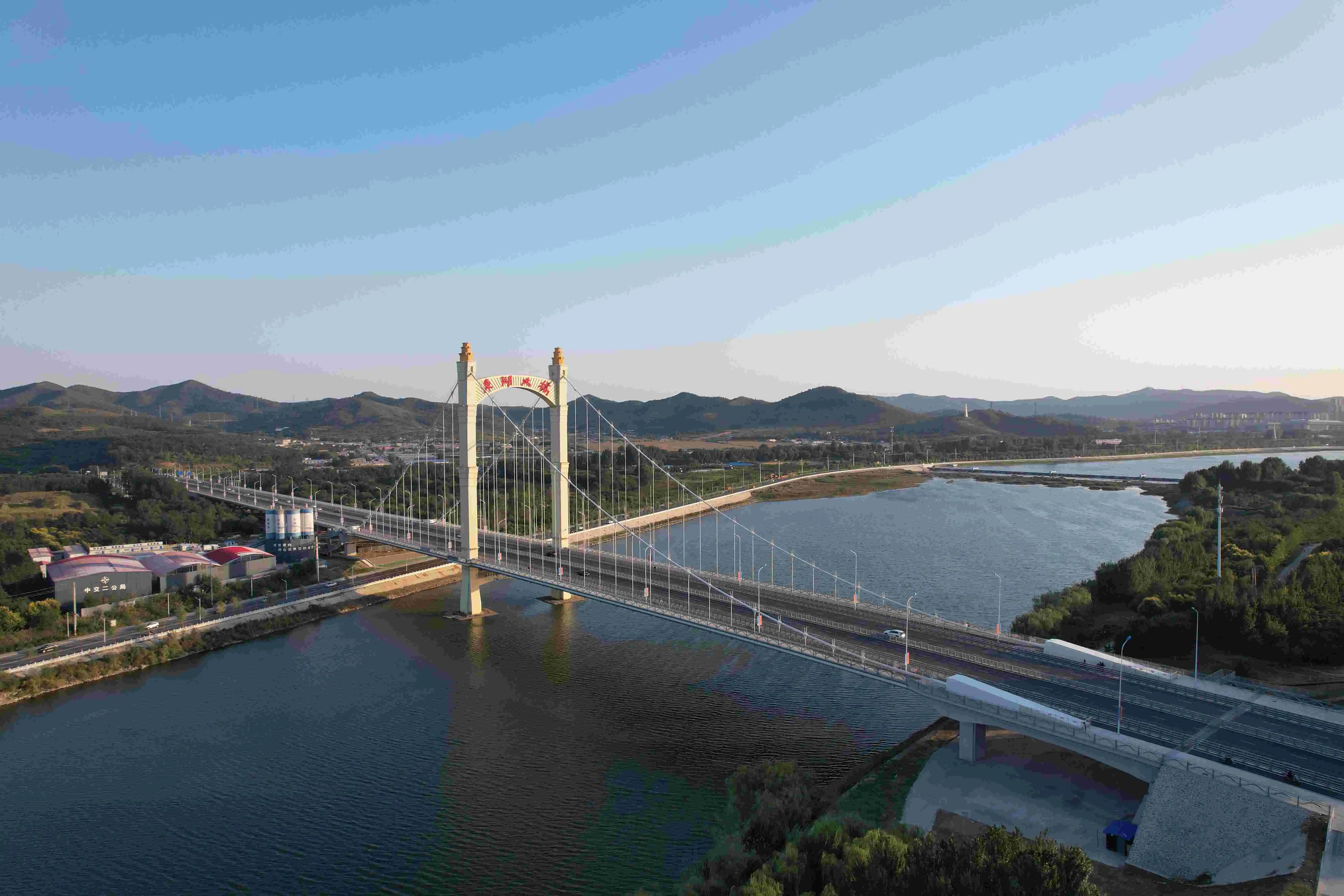
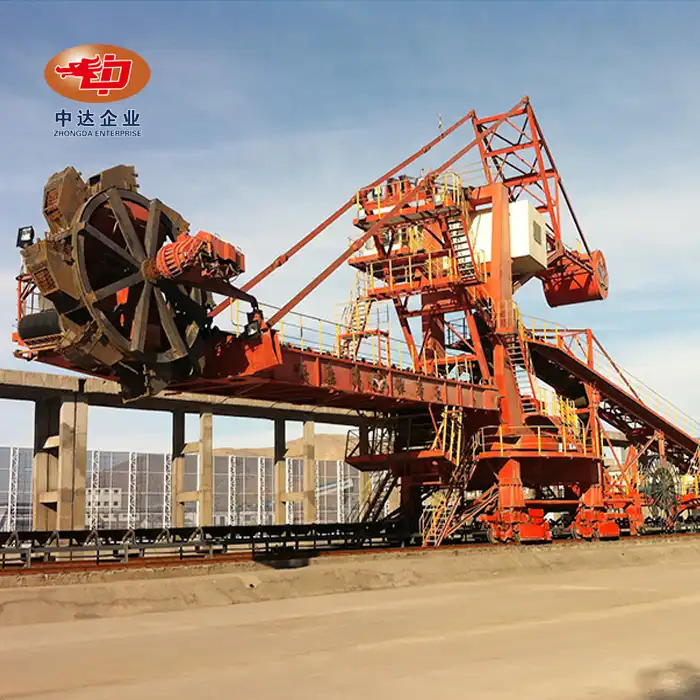
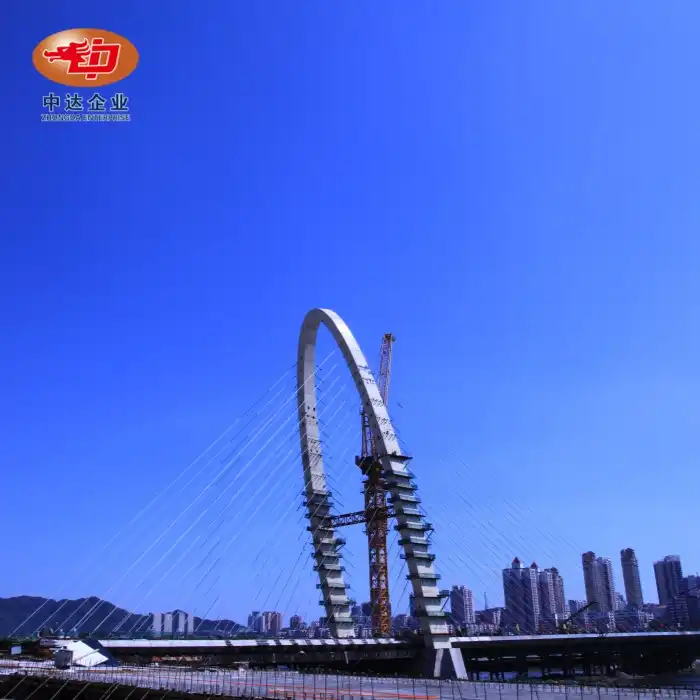
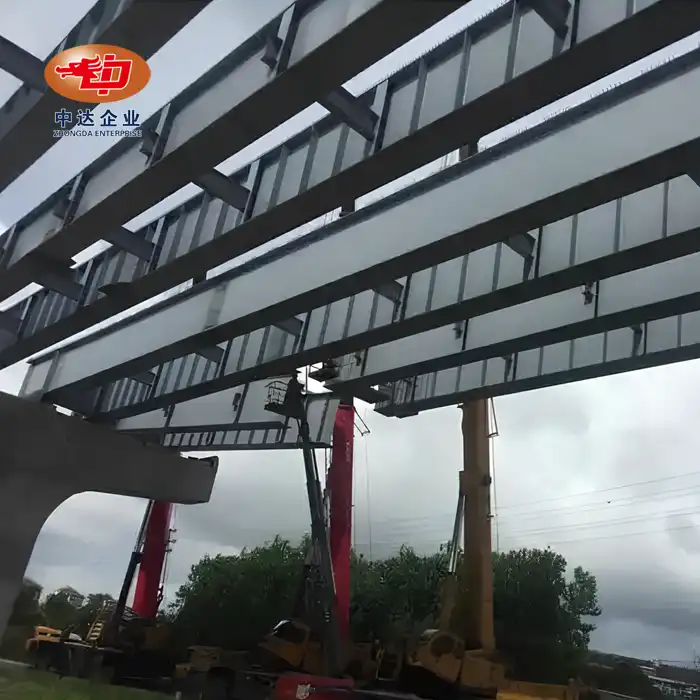
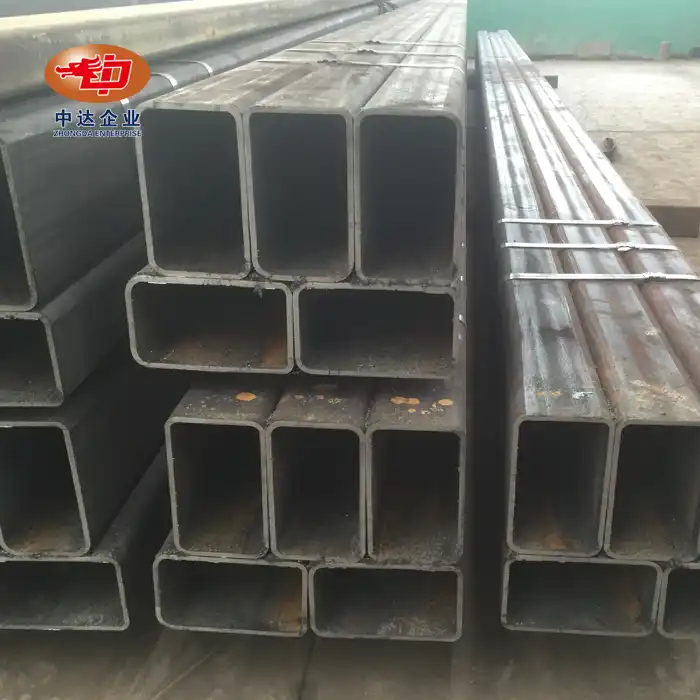
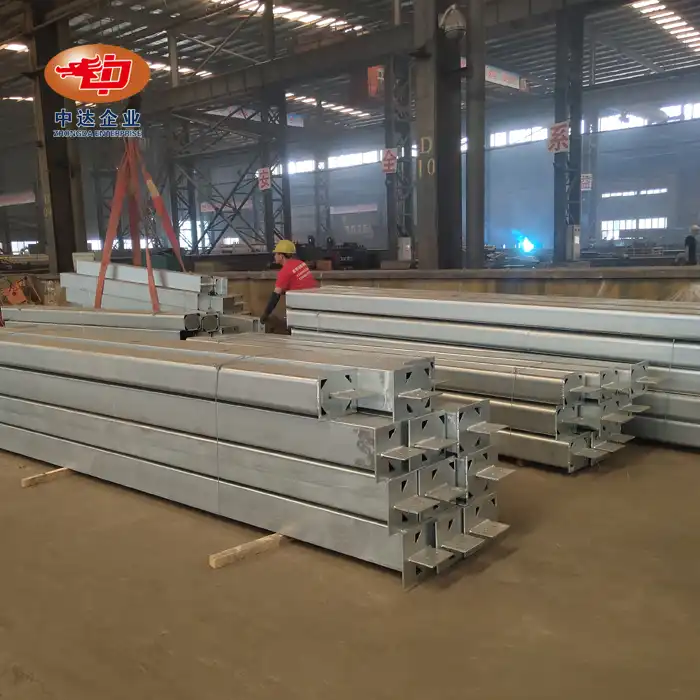
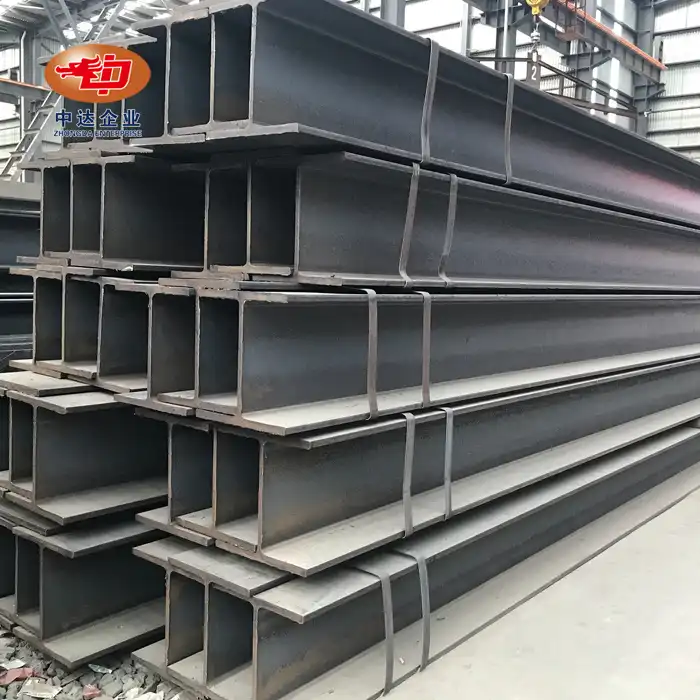
_副本_1754117267235.jpg)
_副本_1758525876027.jpg)
